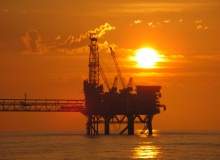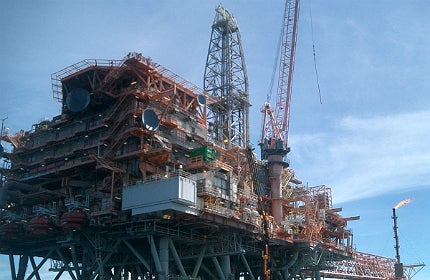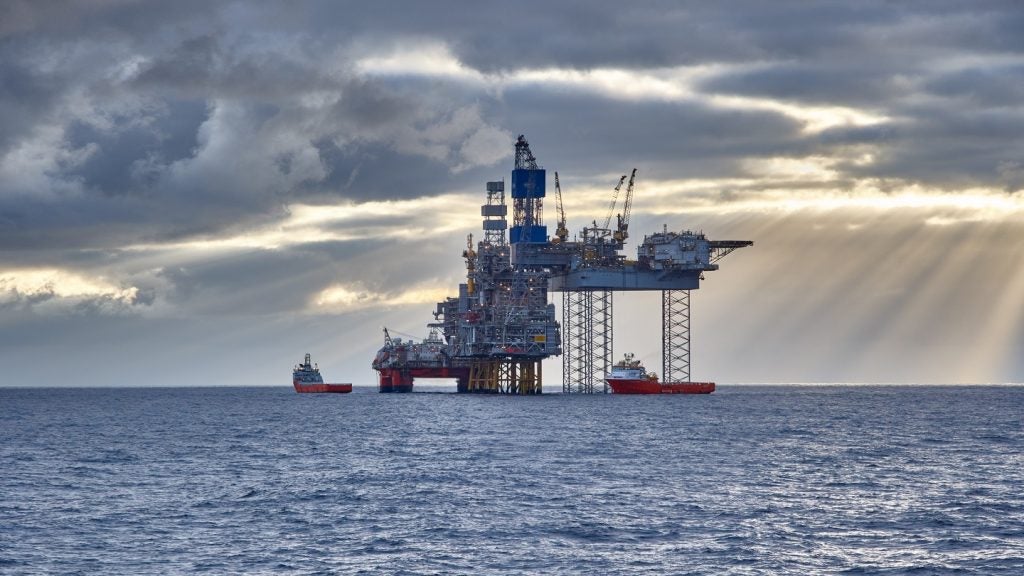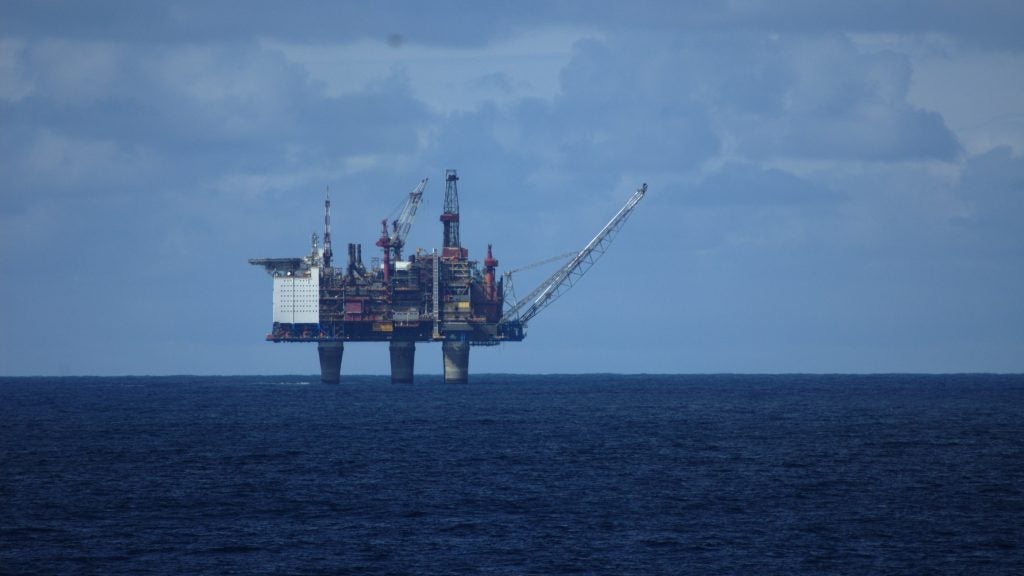

Attracting young talent has been a challenge faced by companies across the oil and gas spectrum for a number of years. Last year saw a rise in the number of people seeking jobs across the sector, according to specialised agents and careers sites serving the industry.
Coupled with an upturn in activity in the global industry, the future looks bright for both those seeking opportunities and companies looking to hire the best talent. However, there remains a shortage in engineering graduates in the UK, which means companies must work harder to seek out and train future employees.
According to the Royal Academy of Engineering the number of science, technology, engineering and maths graduates needs to be increased by 50% to keep up with global competitors.
Spotted by an Amec engineering manager during summer placements at the company, Keith Neish joined the services giant in 2006 as a graduate mechanical engineer after completing an engineering degree.
See Also:
He recently won the 2012 Oil and Gas UK award for Overall Excellence, awarded to people under the age of 30 working across the industry. Here he speaks about his career so far and his aspirations for the future.
How well do you really know your competitors?
Access the most comprehensive Company Profiles on the market, powered by GlobalData. Save hours of research. Gain competitive edge.

Thank you!
Your download email will arrive shortly
Not ready to buy yet? Download a free sample
We are confident about the unique quality of our Company Profiles. However, we want you to make the most beneficial decision for your business, so we offer a free sample that you can download by submitting the below form
By GlobalDataOzge Ibrahim: What inspired you to pursue a career in the oil and gas services industry?
Keith Neish: Being from the north-east of Scotland originally, I have always had respect for the industry, not just the jobs it brings to the area but also the importance in contributing to the world’s energy demands.
From a very early age, I developed a passion for maths and physics at school, and together with routinely ‘experimenting’ with my parents’ household appliances; it soon became apparent that engineering was the only career for me.
I moved away from Aberdeen to study engineering at university, but in doing so my enthusiasm in the industry continued to grow. I secured summer placements within oil and gas, which confirmed this was the industry for which I had a passion.
OI: What does your role as senior mechanical engineer entail?
KN: As a senior mechanical engineer, I am responsible for the delivery of various items of mechanical equipment, ranging from small replacement parts to large new mechanical packages costing up to £2m.
I am responsible for the specification of new mechanical equipment, the upgrades and overhauls to existing mechanical equipment offshore.
I work through the project lifecycle, from conceptual designs, assisting during procurement phases, managing vendors, witnessing testing and finally through to equipment delivery, installation and offshore commissioning.
OI: Can you describe a situation that has tested your abilities and provided an opportunity for you to use your skills?
KN: Recently as part of a large North Sea project, I specified, ordered and managed the delivery of a £2m mechanical package.
This equipment was critical to the success of a large project and the tight timescale made this item a high profile job for both Amec and the client.
This custom-built system suffered serious failures during pressure testing onshore that presented serious risks to those testing the unit and ultimately those who would operate it offshore.
I led an investigation to establish the cause of this failure, which turned out to be an error in a client specification, and I worked hard to recommend a solution.
OI: What other challenges did this present and how did you overcome these?
KN: With this delay in manufacture, I had to negotiate hard with all parties involved to get the new and fully operational equipment manufactured, successfully tested and delivered on time.
Because of my intimate involvement in the project, I then went offshore to lead the commissioning of the kit and ensured I followed the project through from start to finish.
This was well received offshore, and despite the problems the chemical injection system was fully operational within the offshore schedule and the project was deemed a success.
OI: Are you working on any other large projects?
KN: I am currently the lead mechanical engineer on two major projects in the North Sea. One of which looks after three offshore assets on behalf of our client, completes necessary engineering modifications to the platforms to maintain production and also develops new projects, such as new accommodation and subsea tiebacks.
The other is the brownfield engineering side of a new bridge linked platform to an existing asset. Together with delivering my own personal mechanical scopes, I hold overall responsibility for the activities and progress of the mechanical discipline on these projects.
This involves creating man-hour estimates, inputting into project plans and reporting weekly progress on behalf of the mechanical discipline.
OI: In your opinion, how can the oil and gas industry improve graduate intake in the UK to help meet growing skills shortages?
KN: For the survival of this industry in the UK, it is essential that graduate and trainee recruitment is a forefront activity, not just in engineering but also across all disciplines.
The oil and gas sector needs to continue to recruit to accommodate both the growth currently experienced and that expected in the future. In general, I believe the industry should increase its presence in schools and universities by using open days, endorsing placements and projects to make young people aware of the importance our industry has.
I have been involved in developing many Amec relationships with local primary and secondary schools as well as local universities; an extracurricular activity that I particularly enjoy.
OI: What are your future ambitions?
KN: I see my long-term future with Amec and I wish to build on the experiences and skills I have developed so far.
I will have the opportunities to continue to work on high capital value and technically challenging projects that will develop my technical capabilities and personal skills.
I hope to increase my levels of responsibility, progress into levels of management and continue with activities such as raising the profile of oil and gas engineering within the community.
I believe I can achieve this by continuing commitment to my profession, striving to deliver excellent work and being an effective team player.
Related content
A visible solution: talking fluorescent oil spill detection technology
Many oil companies still rely on unsophisticated visual reports of oil spills, meaning many leaks are not detected until a slick comes to the surface and is visible to the human eye.
East Africa’s new gas frontier – exploration without exploitation
The East African offshore oil and gas industry is about to become one of the world’s biggest energy frontiers.
Riding the North Sea price waves: turbulent times for Brent crude
The price of Brent crude is rocketing as production in the North Sea declines.







